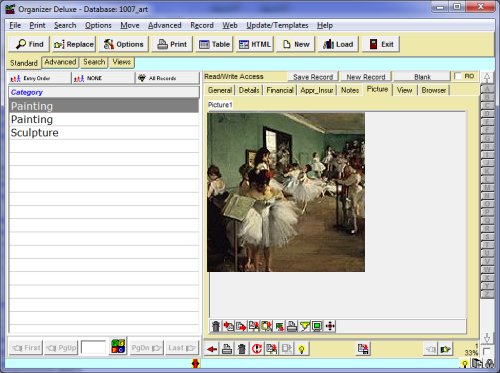
There are some larger national credit unions with local branches. They may also offer lower fees and loan rates, which is always appreciated. They are tax-exempt organizations themselves.Ĭredit unions have a reputation for offering more personalized customer service and community focus that often aligns with the needs of nonprofit organizations. Credit unions are local institutions that are owned by their participants. Your organization and a credit union have one important thing in common: you are both not-for-profits. However, if you feel like most of your needs are going to be handled at a call center, it might not be a good fit. You may develop a great relationship with local branch managers and workers. It’s important to note that just because a bank is multinational, it doesn’t mean you won’t feel valued. You will run across branches and ATMs for these banks in your hometown as well as neighboring states. Most of these banks are household names with massive resources to offer a wide selection of features and amenities to their customers. If they do, then this could be a great option.

If a local bank seems like the right fit socially, be sure to validate that they have all of the resources and features that your organization needs.

The bank could be personally familiar with the food bank by making donations and encouraging bank staff to volunteer for community food drives or fundraising events.Īnthony isn't sure what kind of bank to pick, good thing he has Springly! For example, a local food bank might partner with a small regional bank. Local banks can see firsthand the work that your nonprofit provides. Though they may lack the massive resources, staffing, and features of larger national chains, they can be a great way to maintain a connection with the local community. Local banks can be a great option for nonprofits, especially if they too, are smaller. Super exciting topic, we know! But It's important to know what your options are before picking up the phone or, more importantly, changing out of your comfies to take a trip to the bank. This is the perfect time to channel your project management skills!Ī Brief Breakdown of The Different Types of Banks This may be one of the only times we say this, but in the end, if all the boxes are checked then go with your "gut" in making your final decision. Do your due diligence and get the facts about their expertise, fee structure and banking features.
FREE FINANCIAL SOFTWARE FOR NONPROFITS PRO
Pro Tip: There are many great banks out there, and often, there is no "right" answer. If you don’t, this may not be the bank for you. If you feel valued and supported by your bank, that’s a great sign. Changing banks is time-consuming and will distract you from your core tasks, so ideally you will want to get the decision right the first time around.īanks that have experience working with nonprofits and the specific types of needs they have will be able to handle transactions, reporting, and requests in a smooth and efficient manner. While there is no law that says you can’t change banks in the future, the likelihood is that you’ll probably be working side by side for many years.

They need to understand your priorities and mission. Why It's Important To Pick The Right Bank For Your Nonprofitīecause this will be a long partnership, you need to feel like your organization is a valued client of a bank you choose.

FREE FINANCIAL SOFTWARE FOR NONPROFITS HOW TO
Now that you know how to start a nonprofit, set up bylaws, and put together a killer board of directors, it is time to answer the question " Can a nonprofit make money?".


 0 kommentar(er)
0 kommentar(er)
